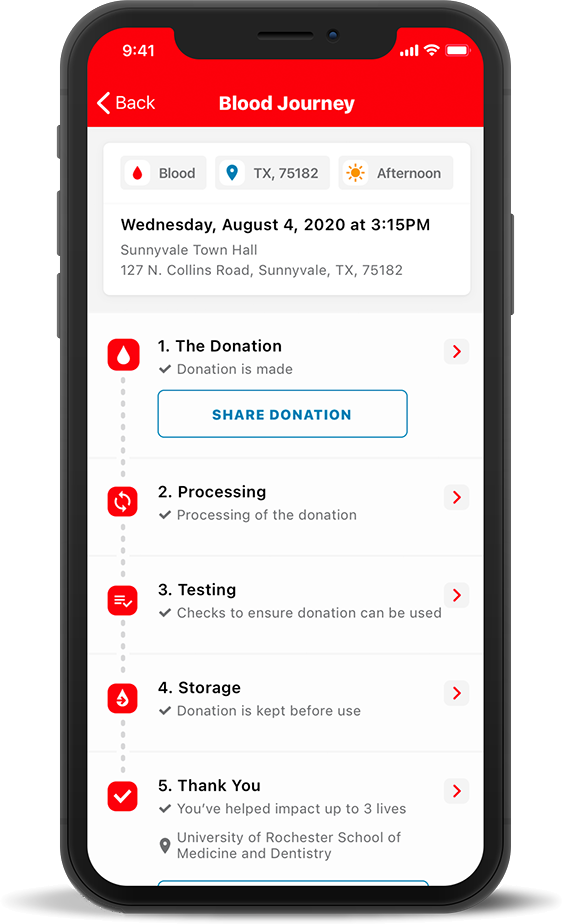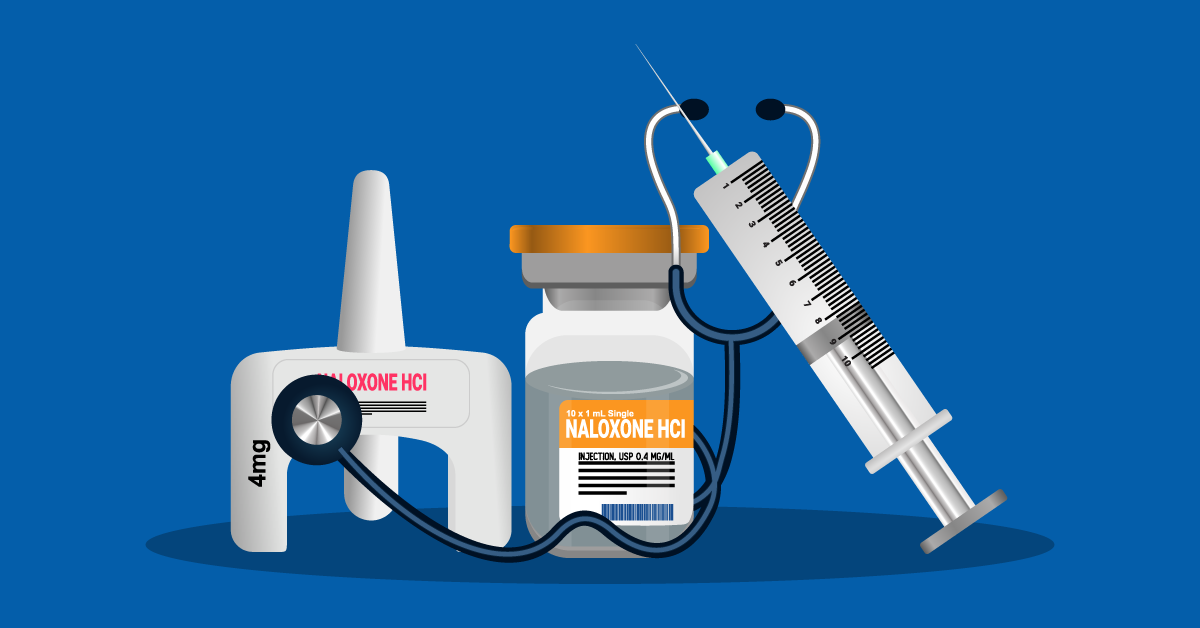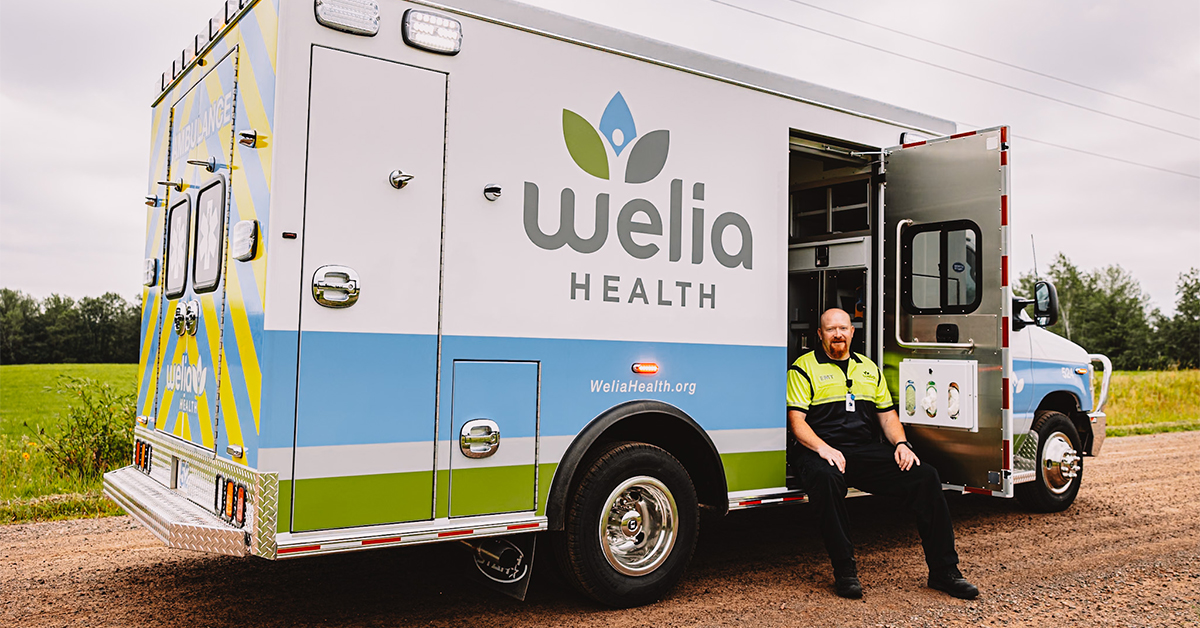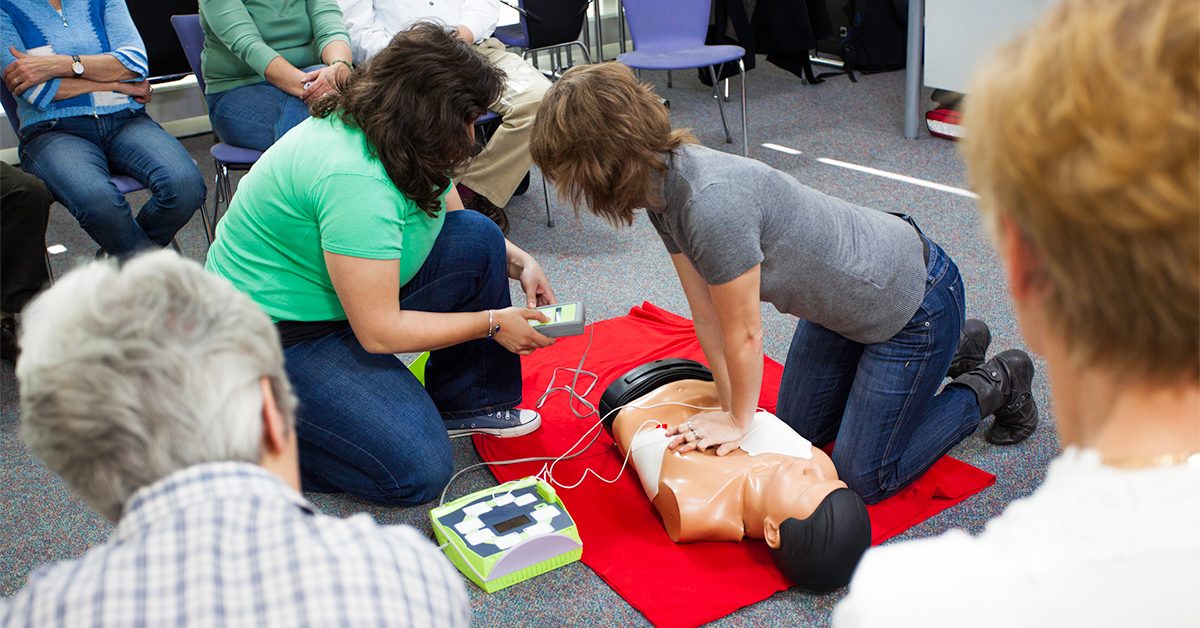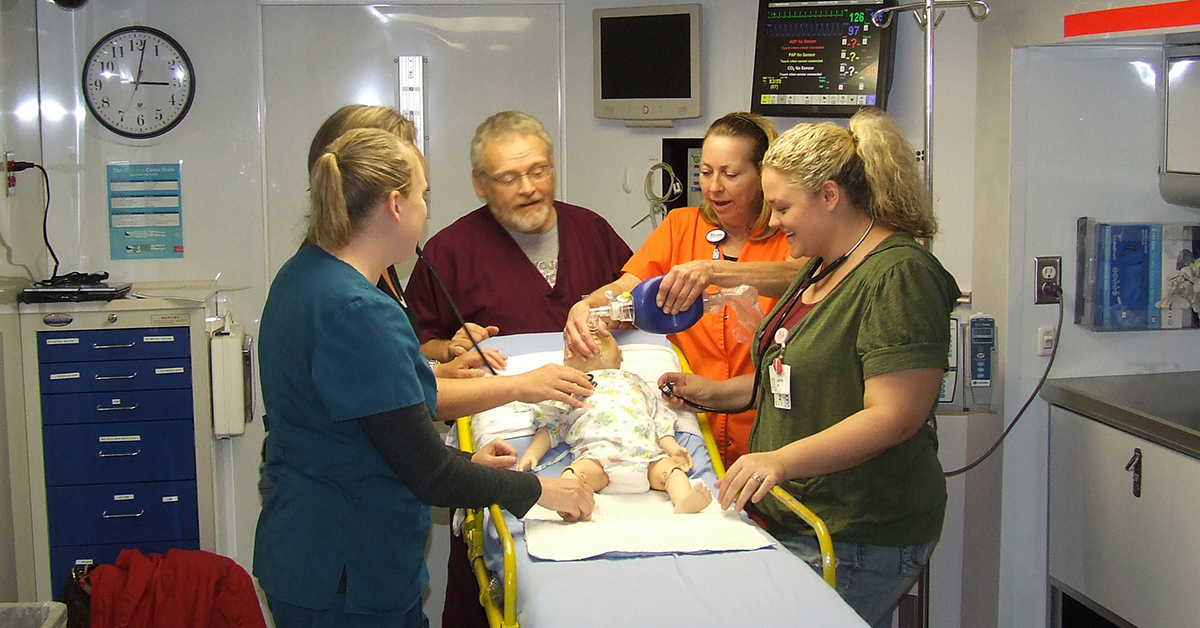Every two seconds in the United States, someone needs blood. This critical resource is essential for countless medical procedures, yet there’s a constant demand for new donations. Blood donation is a simple act of generosity that can have a life-saving impact. Read on to explore why blood donation is so important, address common concerns, and guide you through the donation process.
If inspired, please consider donating blood on May 3, 2024, as Welia Health hosts an American Red Cross Blood Drive.
Blood donation saves lives
Donated blood plays a vital role in a wide range of medical situations. During surgeries, from routine procedures like knee replacements to complex transplants, blood transfusions are often needed to replace blood loss. Following accidents or other traumatic injuries, blood transfusions can stabilize a patient’s condition and buy precious time for further treatment.
For individuals with chronic blood disorders like sickle cell anemia or thalassemia, regular transfusions are a lifeline, helping them manage their condition and maintain a healthy quality of life. Cancer patients undergoing chemotherapy often experience a decrease in their red blood cell count, leaving them susceptible to infections. Blood transfusions help them fight the disease without succumbing to these complications. In fact, nearly 25% of the blood supply is used for cancer patients.
The impact of blood donation extends beyond these scenarios. Newborn babies can experience complications after birth that require blood transfusions, ensuring a healthy start in life. Similarly, patients with chronic illnesses like leukemia or kidney failure may rely on blood transfusions to manage their conditions.
Unfortunately, blood has a limited shelf life of around 42 days. This means a constant stream of fresh donations is crucial to replenish the supply and ensure it’s readily available for those who need it most.
Giving back to our community
Welia Health team member Kelli Nesbit shared her recent experience donating blood. “I have been donating blood periodically over the last ten years, most recently at Welia Health’s Red Cross Blood Drive in March. Recently, I found out that my blood donation was utilized right here at Welia Health in Mora. I was able to track my “blood journey” through the Red Cross Blood Donor app.”
The Red Cross Blood Donor app is a user-friendly tool that simplifies the blood donation process. It allows you to schedule and manage your donation appointments, fill out donor questionnaires, access your donation history and health vitals, monitor your blood’s journey, and even earn achievement badges. Download the app.
Donors who contribute a standard single unit are eligible to donate again after just an eight-week interval. The Welia Health and Red Cross Blood Drive schedule is purposefully designed to allow donors to contribute at every blood drive event, providing a regular and convenient opportunity to make a difference.
“Seeing that my blood donation was used at Welia Health is very meaningful to me because I would have never thought that a member of my community would benefit from my blood,” Kelly added. “I encourage everyone to donate blood at some point in their lifetime. It feels great knowing that donating just one pint of blood can save multiple lives.”
Am I eligible to donate?
Thinking about becoming a blood donor but wondering if you meet the criteria? The process is open to many individuals.
Here are the basic requirements to donate blood:
- You are at least 17 years old (or, in Minnesota, 16 with parental consent)
- You weigh at least 110 pounds
- You are in good general health
- You are not currently taking antibiotics
- You have not donated blood in at least eight weeks
Blood donation FAQs
- Can I donate if I’ve had the COVID-19, Flu or RSV vaccine?
Yes. According to the American Red Cross, receiving any of these vaccines does not affect donation eligibility. Additionally, there is no waiting period to donate after these vaccinations.
- Can I donate if I have a cold, flu or fever?
You must be symptom-free from cold, flu or fever for 48 hours before donating blood. Visit the NIH Blood Bank website for answers to all your “can I donate if…” questions.
- What criteria may exclude me from donating blood?
The Department of Health and Human Services lists additional considerations for blood donation eligibility. Among these are certain health conditions. People with sickle cell disease, HIV, cancer, and malaria should consult with their donation center to discuss eligibility.
What to expect when donating blood
The blood donation process is designed to be quick, safe, and comfortable. Here’s a breakdown of what to expect:
- Registration: You’ll fill out a questionnaire about your medical history and lifestyle. Identification will be required.
- Pre-donation screening: A staff member will check your temperature, blood pressure, and hemoglobin levels (the amount of oxygen-carrying protein in your red blood cells) to ensure your suitability for donation.
- Donation: The actual blood donation typically takes about 10-15 minutes. A thin needle will draw blood from your arm into a sterile bag. Most people experience minimal discomfort.
- Refreshments and recovery: After donating, you’ll be offered refreshments and monitored for a few minutes to ensure you feel well.
The entire process generally takes less than an hour. Safety and hygiene are a priority for all blood donation sites. New, sterile equipment is used for each donor, and strict protocols are followed to minimize the risk of infection.
Debunking blood donation myths
There are a number of common myths and misconceptions surrounding blood donation. Let’s address some of the most frequent concerns:
- Myth: Blood donation is painful.
Fact: Modern needles are very thin and minimize discomfort. Most donors experience minimal pain during the procedure.
- Myth: Donating blood will weaken my body.
Fact: Your body quickly replenishes the donated blood, typically within 24-48 hours. Fluids are also replenished during the donation process.
- Myth: Donating blood increases my risk of contracting a disease.
Fact: Blood donation centers adhere to strict screening procedures and use sterile equipment to minimize the risk of infection.
A recent study found that healthy adults experience minimal side effects following blood donation. The benefits of helping others far outweigh any minor discomfort.
Still not convinced? Watch this video from the American Red Cross debunking more common myths.
Ready to be a hero?
Every drop of donated blood has the potential to offer hope to someone in need. By becoming a blood donor, you become a hero, providing a precious gift to those facing medical crises. Join us in this cause and let’s impact countless lives. Take the first step today—donate blood and be a hero!Ready to make a difference? Welia Health frequently hosts blood donation drives. The next blood drive is scheduled for May 3, 2024. Register for a donation time online.



